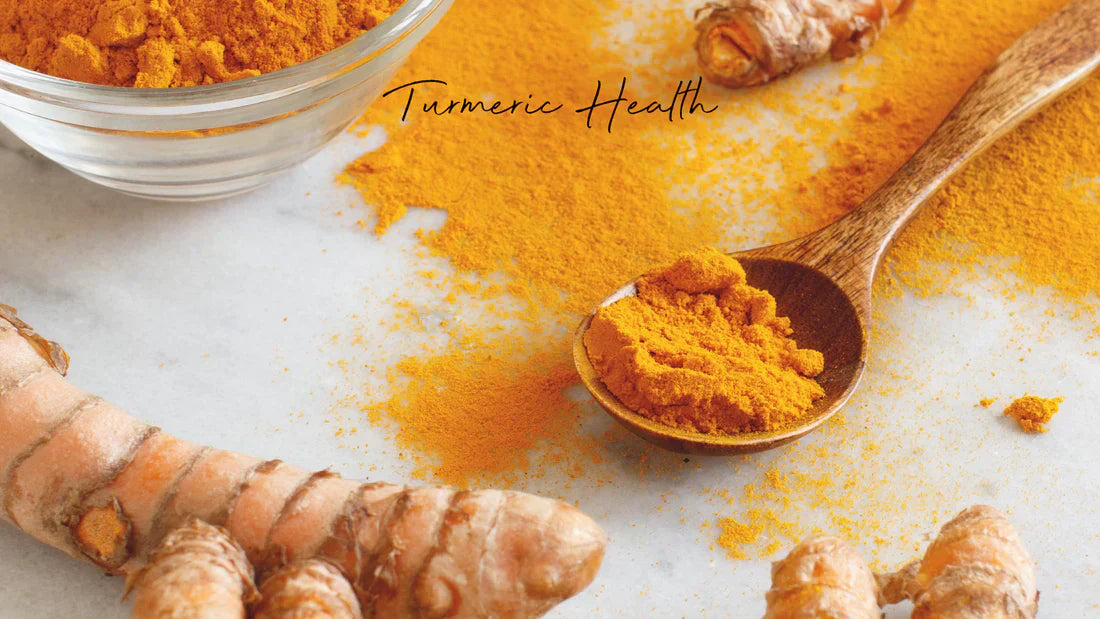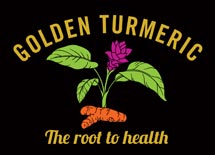
Unlocking Turmeric’s Potential: Aiding Post-Surgery Recovery
Share
In the realm of post-operative care, the journey to recovery can often be accompanied by discomfort and inflammation. However, emerging evidence suggests Turmeric as a natural remedy may hold promise in alleviating these post-surgery woes.
Recently, a veterinary clinic client in New Zealand shared remarkable feedback regarding the efficacy of Golden Turmeric Paste for Pets.
“Clients seem to really be enjoying the product. I personally use it on my old girl and have noticed a big difference when she doesn’t have it vs. when she does. With that being said, I am wanting to create an aftercare joint pack for our patients after orthopedic surgeries.”
With their endorsement and a growing body of medical professionals recognizing it's potential, turmeric is increasingly finding its way into post-operative care routines.
But, what makes turmeric such a powerful ally in post-operative healing?
The answer lies in its active compound, curcumin. This natural component, found abundantly in turmeric, boasts anti-inflammatory, antioxidant, and analgesic properties, making it an ideal candidate for pain management and inflammation reduction. However, curcumin by itself has poor absorption, rapid metabolism, and fast elimination, which makes its bioavailability very low. Therefore, curcumin is more active when combined with black pepper Piperine to provide major health benefits.
Golden turmeric paste for better absorption of curcumin
Turmeric Golden Paste, unlike many turmeric supplements, combines turmeric with black pepper (piperine) and olive oil to enhance its effectiveness. Here’s why these additional ingredients are crucial:
- Black Pepper (Piperine): Piperine found in black pepper slows the conversion of curcumin in the small intestine, allowing more time for absorption and, therefore, a far larger uptake. Without black pepper, turmeric won’t have a high absorption rate.
- Olive Oil: Turmeric is not water-soluble and cannot be absorbed via the same pathways as water-based foods. Therefore, it must be combined with a healthy fat like extra virgin olive oil to dissolve the turmeric in the stomach and allow the body to absorb the active components. Turmeric without oil is ineffective.
Moreover, turmeric needs to be heated with water. Studies show that cooking turmeric increases its solubility in water and breaks down the starches found in turmeric before the digestion process starts, which means more active ingredients are available for absorption than raw or powdered turmeric.
Curcumin has several medical applications:
- Ischemia: Studies show that curcumin can protect nerves and regulate proteins linked to cellular functions, which might help reduce the effects of ischemia (restricted blood flow).
- Post-cholecystectomy: Research indicates that taking curcumin supplements could ease pain and tiredness after laparoscopic cholecystectomy (gallbladder removal).
- Traumatic Brain Injury (TBI): Curcumin seems to be effective in countering the consequences of TBI by influencing various molecular pathways involved in oxidative stress, inflammation, cell death, and cell cleanup (autophagy).
- Wound Healing: Curcumin aids in wound healing by enhancing the formation of new tissue, collagen deposition, wound closure, and tissue remodeling.
In a recent study using mice, curcumin showed it could reduce pain and inflammation after surgery. It helped lessen sensitivity to touch and heat and also reduced swelling caused by cuts. Curcumin even helped mice move more normally and feel less pain without any incisions. This suggests curcumin could be useful in preventing pain after surgery.
These findings underscore the transformative potential of turmeric in postoperative care. By harnessing the healing power of this natural remedy, patients can experience enhanced comfort and expedited recovery without relying on traditional pain management approaches.
As awareness of turmeric’s benefits grows, more healthcare professionals are incorporating it into their post-operative protocols. Whether for humans or our beloved furry companions, turmeric offers a holistic approach to pain management that aligns with the principles of natural healing.
Nature’s Gift for Post-Surgery Comfort and Healing
As we witness the evolution of post-operative care, turmeric emerges as a beacon of hope, offering relief and restoration to those navigating the road to recovery. For those exploring alternative avenues for pain management post-surgery, consider the transformative potential of turmeric. With its proven efficacy and natural origins, it stands as a testament to the healing power of nature in our journey to wellness.
Please note: This article is not intended to diagnose, treat, cure or prevent any disease or illness. Always seek the guidance of a medical professional.
Supporting studies showing the effects of turmeric post-surgery include:
Haya M. Abu-Hijleh, Raed M. Al-Zoubi, Ahmed Zarour, Abdulla Al-Ansari & Hiba Bawadi (2024) The Therapeutic Role of Curcumin in Inflammation and Post-Surgical Outcomes, Food Reviews International, 40:1, 293-308, DOI: 10.1080/87559129.2023.2166525
Sahbaie, Peyman MD*†; Sun, Yuan MD, PhD*†; Liang, De-Yong PhD*†; Shi, Xiao-You MD*; Clark, J. David MD, PhD*†. Curcumin Treatment Attenuates Pain and Enhances Functional Recovery after Incision. Anesthesia & Analgesia 118(6):p 1336-1344, June 2014. |DOI: 10.1213/ANE.0000000000000189
J. Eke-Okoro PharmD, R. B. Raffa PhD, J. V. Pergolizzi Jr MD, F. Breve PharmD, R. Taylor Jr PhD, For the NEMA Research Group.Curcumin in turmeric: Basic and clinical evidence for a potential role in analgesia.
Article Courtesy of Turmeric Health USA, Australia & NZ as Featured in Scoop News
